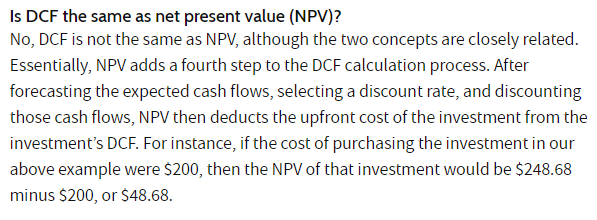Profitability is certainly important, especially to a defensive investor, but the prospect of future profit being larger than it is today is also attractive and exciting to investors with a mindset of compounding earnings rather than current valuation metrics (TTM, for example).
If current P/E or P/B or P/FCF ratios is all that matters, we'd all be buying $C, $T, and $D hand over foot.
In many ways, larger than market-wide ratios, such as a seemingly over-inflated P/E and P/S, may be less indicative that the security is overvalued, and more reflective of market participants expecting considerable growth in the medium term (3-6 years). If the company were to hypothetically experience stagnant earnings growth over the course of several years, or otherwise jade or alienate their stakeholders, then the investment was unfortunate and largely not lucrative unless by fluke. If the stock outperforms projections over the next 1-3 years, and provides attractive guidance moving forward, then the investment theoretically was a success, even if the price was rich at the time of purchase by TTM criteria.
This is why many rich company are expensive according to ratios and other metrics; the risk reward is seen as attractive to investors who are valuing the company based on perceived forward performance rather than trailing performance, after conducting DCF projections and modeling other forecasts. They may come to the conclusion that the present value (NPV) of the stock is larger than the current market value (MVPS), which would signal a buy condition
According to him the price of shares are based on sentiment and growth,
yes, but growth in what? in profit. also, ask your friend what a DCF is, see if he stumbles over his words. I wonder if he knows what an NPV is or how to calculate one.
DCF: https://www.investopedia.com/terms/d/dcf.asp


